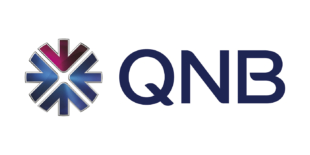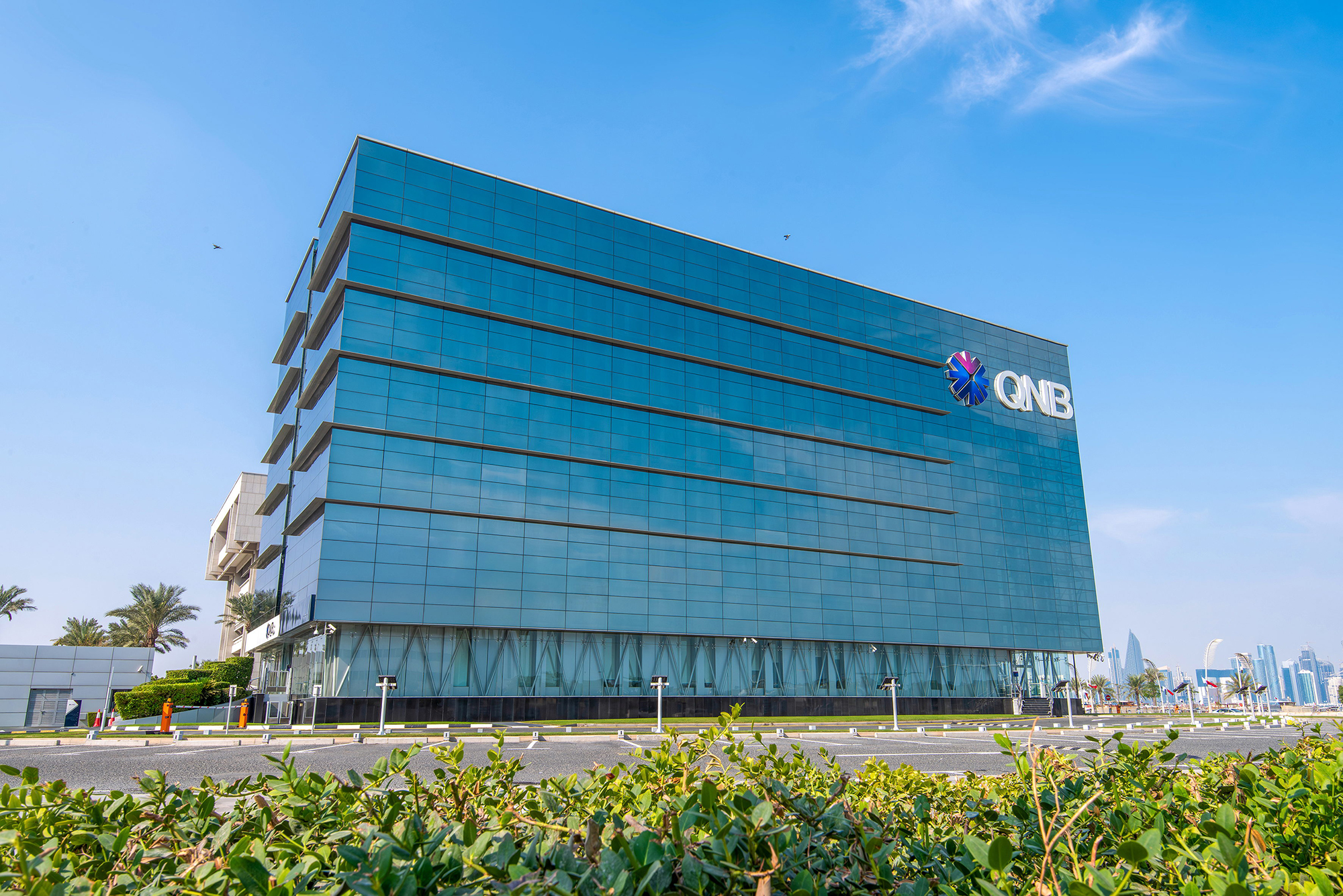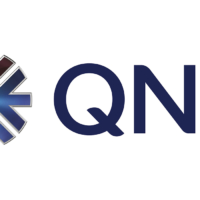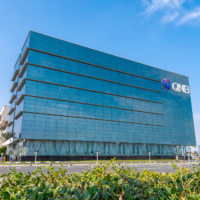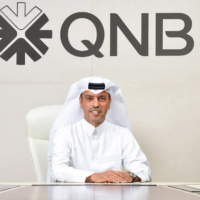QNB’s vision for the next 60 years is to remain at the forefront of banking in the Middle East, Africa and Southeast Asia. With a presence in over 25 countries across these dynamic regions, QNB aims to establish itself as an international wholesale bank.
The bank’s objective is to leverage cross-border trade and investment flows along its international wholesale platform.
As a cornerstone of the banking industry, QNB draws not only from its strategic regional presence, but also from its financial strength, governance, risk management and commitment to innovation and sustainability.
“We are the largest bank in the region, with top ratings from leading international agencies,” QNB Group CEO Abdulla Mubarak Al-Khalifa, said.
“Our robust financials are a testament of our strong governance and risk management capabilities.”
QNB continues to leverage innovation and sustainability as a strategic enabler to stay at the forefront of the banking industry.
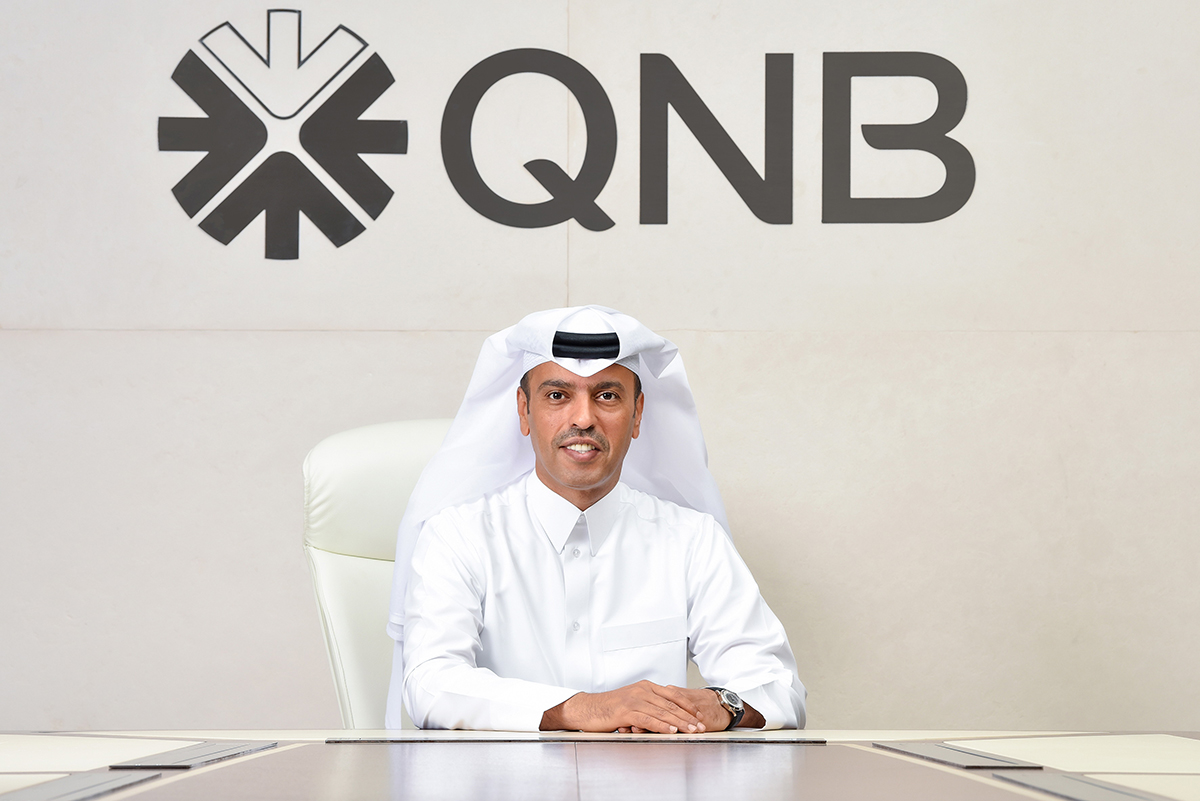
The role of human warmth
QNB remains committed to upholding personal relationships and the human aspect in its approach to banking while driving innovation. The integration of digital platforms enhances operational efficiency, allowing staff to focus on meaningful customer interactions.
By automating routine tasks, QNB empowers its relationship managers to foster stronger and more personalized connections with clients. This blend of technology and human touch ensures that customers receive the best of both worlds by combining the convenience of digital services with the warmth of personalized banking.
Al-Khalifa emphasized that it is “our human interaction that builds deep, lasting relationships” and creates the most value. These relationships allow QNB to understand customers’ needs and offer context around their “current issues, aspirations and business objectives,” he added. The human element remains crucial even in a world increasingly driven by digital solutions where “personal touch and technology coexist and complement each other.”
QNB’s sustainability initiatives
Banks play a key role in ensuring financial stability and driving economic growth. As sustainability is a topic of global attention, the banking sector has a crucial role in facilitating green financing and supporting projects that deliver positive environmental outcomes. The most significant impact banks can deliver is through financing activities.
“As the largest financial institution in the Middle East and Africa, we recognize the importance of ESG (environmental, social and governance issues) and have consequently embedded the topic of sustainability in our purpose, strategy, business and operating model,” Al-Khalifa emphasized.
QNB’s award-winning QNB Group Sustainable Finance and Product Framework enables the bank to create impact and structure financial instruments such as green loans, bonds, deposits, sustainability-linked loans and transition finance opportunities.
All of these instruments are designed to incentivize financing activities that align with sustainable objectives. “The banking sector’s commitment to green financing not only supports national initiatives but also enhances our reputation in the global financial landscape,” he said.
Strengthening Qatar and Japan’s relationship
The relationship between Japan and Qatar is long-lasting and robust, rooted in decades of trust and strategic cooperation. Japan became the first major buyer of liquefied natural gas when Qatar began exporting natural gas in the 1990s, a pivotal moment in the development of Qatar’s energy sector and its rise as a global LNG leader. Japan remains a key export destination for Qatar and energy continues to be a vital pillar of this partnership.
Looking ahead, Al-Khalifa noted that in the context of the North Field expansion project, “The partnership is expected to strengthen, with Qatar’s LNG output set to increase by 85% by 2030.”
He added that, beyond hydrocarbons and infrastructure, the relationship between Qatar and Japan has expanded into research, development, science, education, agriculture, tourism and cultural exchanges, with recent milestones in renewable energy, solar projects and hydrogen supply chain development.
QNB’s network, ratings and relationships position it as a strong, reliable and trusted partner for meeting its clients’ banking needs. “Our extensive market knowledge and experience help us support both local and multinational corporations by offering sophisticated solutions,” Al-Khalifa added.
The bank’s growing partnerships with leading Japanese banks provide “financing opportunities for trade, infrastructure and investment flows on a bilateral basis,” he said.
“We look forward to these ties evolving and prospering in a mutually beneficial way for the benefit of our customers, partners and both countries.”
www.qnb.com
This article is sponsored by QNB Group.
